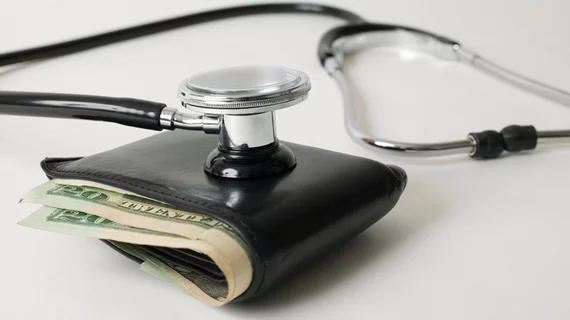The role of medical debt in American bankruptcy
Medical debt is a significant factor in the reasons Americans file for bankruptcy, and Americans facing major health scares are also likely to face financial setbacks.
The plight of this circumstance was outlined in The Atlantic, which detailed how some Americans have been affected by huge medical bills. The financial impact of healthcare can be huge, with a fifth of Americans reporting a medical claim on their credit report and 60% of those who have filed for bankruptcy saying a medical expense was very much or somewhat to blame for their bankruptcy.
“Medical debt is a uniquely American phenomenon, a burden that would be unfathomable in many other developed countries,” the article reads.
And consumer advocates are concerned the problem will only get worse as the uninsured rate in the U.S. creeps back up and more Americans opt for high-deductible health plans that still leave them on the hook for thousands of dollars of care.
See the full story below:

